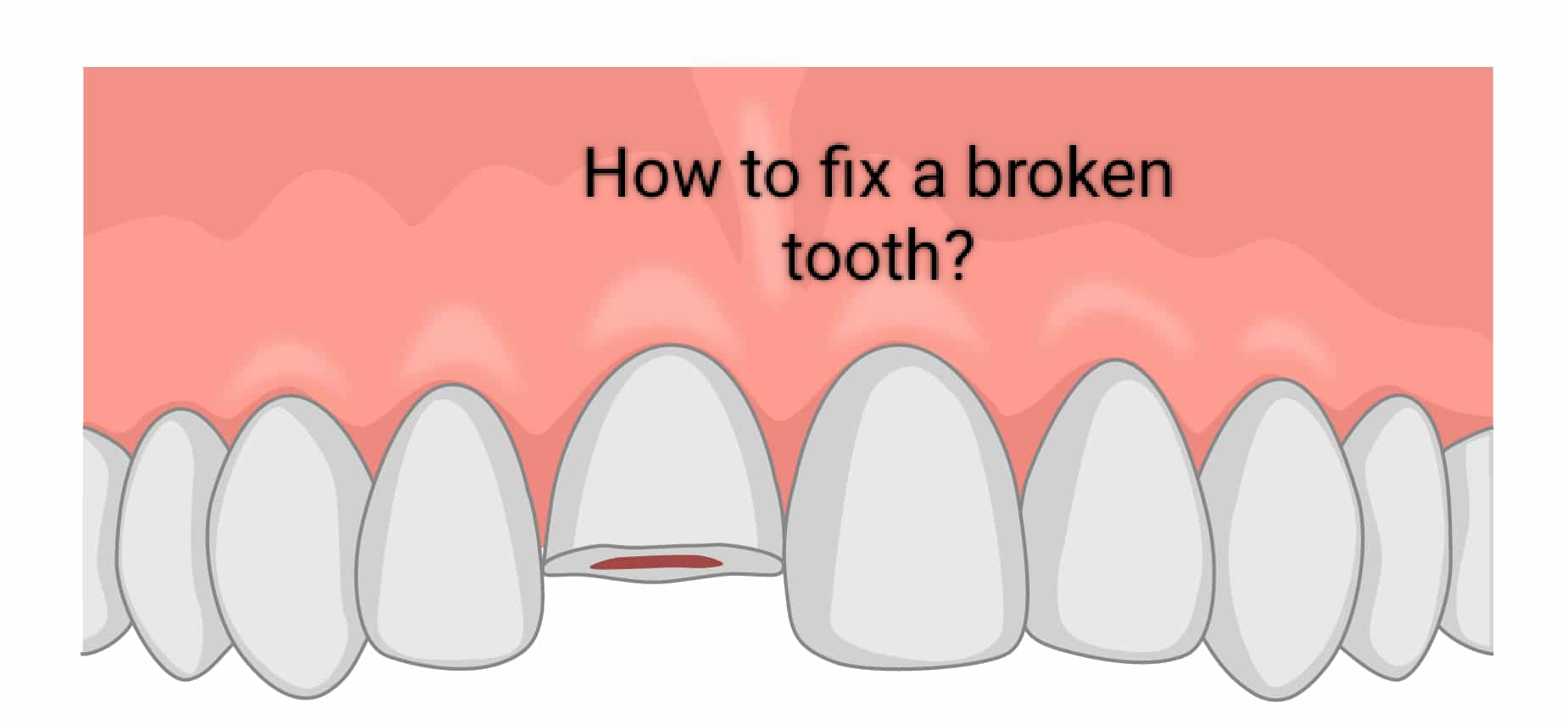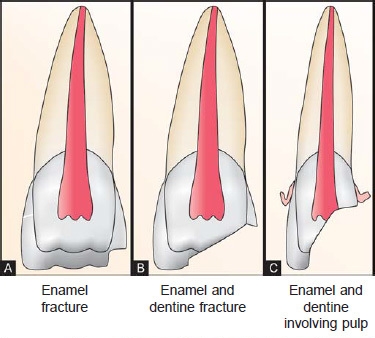What Are Wisdom Teeth?
Wisdom molars, also known as third molars, are the last set of permanent teeth to emerge in the mouth. They usually emerge in late adolescence or early adulthood.

Why do we have Wisdom Molars?
This question has puzzled researchers and dentists for years. One widely accepted theory is that wisdom molars were necessary for our early human ancestors, who had larger jaws and needed the extra teeth to grind tough foods like roots and nuts. However, as our diets have evolved, our jaws have become smaller, and we no longer need these extra molars.
What Is Impacted Wisdom Tooth?
An impacted wisdom tooth is a tooth that is unable to emerge properly through the gums. This can happen if the tooth is blocked by other teeth, or if it is positioned at an angle that prevents it from fully emerging. Impacted wisdom teeth can cause a range of oral health problems, and may require extraction.
Types of Impaction

There are four main types of impaction that can occur with wisdom teeth:
1. Mesial impaction –
where the tooth is angled towards the front of the mouth.
2. Vertical impaction –
where the tooth grows straight but is unable to emerge because of blockage from other teeth.
3. Horizontal impaction –
where the tooth is positioned sideways and can’t emerge.
4. Distal impaction –
where the tooth is angled towards the back of the mouth.
Effects of Impacted Wisdom Tooth on Surrounding Oral Structures
Impacted wisdom teeth can cause a range of problems for the surrounding oral structures. The impacted tooth may cause pain and discomfort, as well as swelling and infection. The tooth can also cause damage to adjacent teeth by pushing against them, leading to decay or even tooth loss. In rare cases, impacted wisdom teeth can cause cysts or tumors to form in the jawbone.
What Happens When The Wisdom Tooth Is Infected?
An impacted wisdom molar is a common dental problem that occurs when the wisdom teeth become infected due to various reasons. The wisdom teeth, also known as third molars, grow at the back of the mouth and usually emerge between the ages of 17 and 25. Infected wisdom molars can cause pain, discomfort, and can lead to severe complications if left untreated.
Causes of Infected Wisdom Molar
Infected wisdom molars usually occur when bacteria enter the tooth through a cavity, crack, or other dental damage. The following are some of the causes of an infected wisdom molar:
1. Impacted wisdom tooth: When a wisdom tooth fails to fully emerge from the gums, it can become impacted and create a pocket for bacteria to grow.
2. Gum disease: If the gums around the wisdom tooth become infected, it can lead to an infected wisdom molar.
3. Tooth decay: If the tooth is decayed and bacteria infect the pulp inside the tooth, it can lead to an infected wisdom molar.
Symptoms of Infected Wisdom Molar
The symptoms of an infected wisdom molar may include:
1. Pain in the affected tooth, jaw, and mouth
2. Swelling around the affected tooth and gums
3. Tender, swollen lymph nodes in the neck
4. Difficulty opening the mouth or swallowing
5. Redness or pus around the affected tooth
Adverse Effects if Left Untreated
If an infected wisdom molar is left untreated, it can lead to several adverse effects, including:
1. Spread of infection: If the infection is left untreated, it can spread to other parts of the jaw, head, and neck.
2. Abscess formation: If the infection progresses, pus may build up in the gums or bone around the tooth, resulting in an abscess.
3. Damage to surrounding teeth: An infected wisdom molar can cause damage to the surrounding teeth, leading to further decay and infection.
Line of Treatment for Impacted Wisdom Tooth
The treatment for an impacted wisdom tooth depends on the type and severity of the impaction. In many cases, the tooth may need to be extracted to prevent further problems from occurring. In some cases, medication may be prescribed to ease pain and swelling.
Treatment of Infected Wisdom Molar
1. Antibiotics: Your dentist may prescribe antibiotics to help fight the infection.
2. Drainage: If an abscess has formed, your dentist may need to drain it to remove the pus.
3. Extraction: If the wisdom tooth is severely damaged or infected, your dentist may need to extract it.
4. Root canal: In some cases, a root canal procedure may be necessary to remove infected tissue and save the tooth.
Surgical Procedure and Post-Surgical Care
Surgical extraction of an impacted wisdom tooth involves making an incision in the gum tissue and removing the tooth. The procedure can be done under local or general anesthesia, depending on the patient’s preference and the complexity of the extraction.
After the surgery, patients will need to take special care of their mouth to prevent complications. This includes avoiding hard or crunchy foods, rinsing with saltwater, and using pain medication as prescribed. Patients should also avoid smoking and drinking alcohol while their mouth heals.
Prevention of Infection
Infected wisdom molars can be prevented by taking proper care of your teeth and gums, including the following:
1. Brush your teeth twice a day with fluoride toothpaste.
2. Floss daily to remove food particles and plaque between the teeth.
3. Visit your dentist regularly for checkups and cleanings.
4. Don’t smoke or use tobacco products.
Home Remedies for Infected Wisdom Molar
There are several home remedies that can alleviate symptoms of an infected wisdom molar, including:
1. Saltwater rinse: Rinsing with warm saltwater can help reduce the pain and swelling caused by an infected wisdom molar.
2. Garlic: Applying crushed garlic to the affected area can help reduce inflammation and fight infection.
3. Clove oil: Applying a few drops of clove oil to the affected area can help reduce pain and inflammation.
4. Ice pack: Applying an ice pack to the affected area can help reduce swelling and numb the pain.
CONCLUSION
Wisdom molars serve no real purpose in modern-day humans, and can often cause more harm than good. If you are experiencing pain or discomfort due to an impacted wisdom tooth, it’s important to see a dentist or oral surgeon for treatment.
Infected wisdom molar is a common dental problem that can cause severe pain and complications. It is essential to practice good oral hygiene habits to prevent an infected wisdom molar from developing. If you are experiencing symptoms of an infected wisdom molar, it is important to seek dental treatment to prevent further complications. In addition to professional dental care, several home remedies can help alleviate symptoms of an infected wisdom molar.


